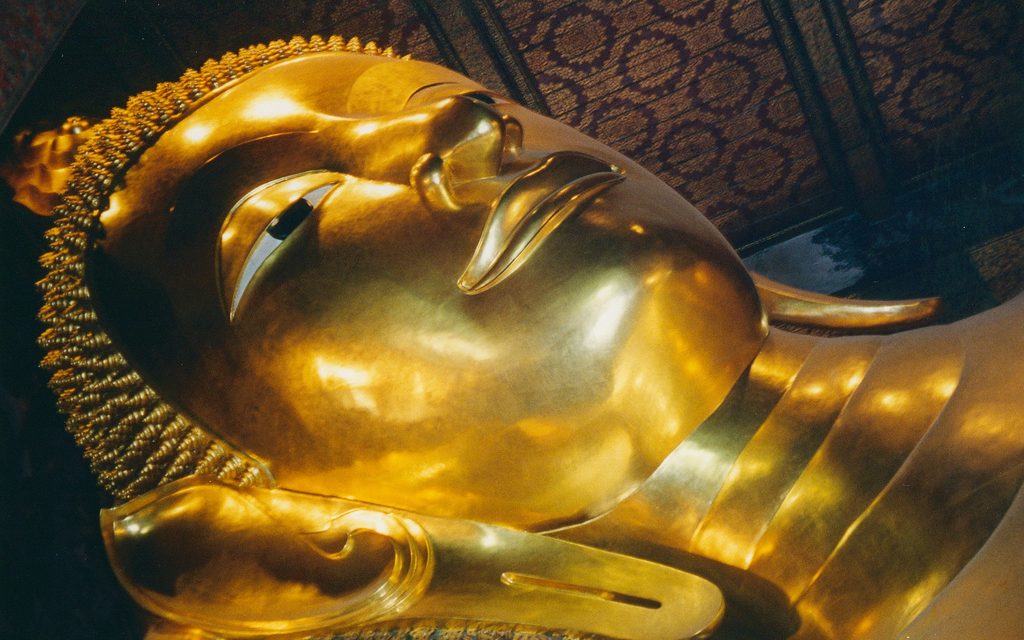Thailand is the dream location for many Brits looking to work on the other side of the world. With beautiful beaches and exotic islands it may seem like paradise and for many it is, but as a conservative country, which is currently being ruled by a military junta, the National Council for Peace and Order, there are strict rules and regulations that need to be observed.
While Thai companies usually prefer to hire locally when it comes to professional fields like accounting and law, there are international corporations based in the capital, Bangkok. These include Siemens, IBM, Hewlett Packard, Pricewaterhouse Coopers as well as businesses in the gas and oil sector. Tourism offers good job opportunities too as does education, with the International Schools looking for teachers from Europe. The working week is officially Monday-Saturday, although this isn’t entirely enforced, with most finishing on Friday evening or at the latest Saturday afternoon.
In order to work in Thailand you’ll need to obtain a work permit. The official advice from the United Kingdom government is that this ‘is difficult and time consuming’. Before applying for a work permit you will firstly need to obtain a non-immigrant visa. You’ll need to prove you have a job offer on official paper and have in writing that you respect Thai customs. You will need to do this through a Thai Embassy. For more information visit http://www.thaiembassyuk.org.uk/?q=node/49. Once you have the non-immigrant visa you can apply for a work permit. This can take many months and requires more documentation and forms. To read more, look at the following. http://www.expatfocus.com/expatriate-thailand-employment-work-permits.
Once safely in Thailand and working, it’s worth noting that if you overstay the limit on your visa you will automatically be fined THB 500 (the currency for Thailand is the Thai Baht) for each day you remain in the country up to a maximum of THB 20,000. If this happens you may be arrested or made to pay for your own deportation.
There are some strict rules and regulations worth observing before you arrive in Thailand. You are required to carry your passport with you at all times and British tourists have been arrested for not doing so. The British government advice is that travellers fill out the next of kin details in their passport. It is also an offense to make defamatory comments about the Thai Royal family in any format, including online, and people have been imprisoned for 3-15 years.
It would be easy to think of Thailand as a restrictive country and it is indeed conservative, but the Thai people simply expect good manners and a formality. Elders must be respected, meetings planned at least a month in advance and strict punctuality observed. The main language is Thai and it is expected that you attempt a few words, although many people speak and understand English. Buddhism is the main religion with 95% of the population observing it. A typical greeting is not shaking hands but a ‘wai’. This involves pushing your palms together in a prayer-like gesture. Overt gestures of affection or anger are also frowned upon.
In general, Thai people are warm and welcoming, tolerant of many different cultures and beliefs. For more essential information see http://www.tourismthailand.org/Travel-and-Transport/Travelers-Essentials/Dos-and-Donts
Certain areas of Thailand are off limits to British nationals. More information can be found at https://www.gov.uk/foreign-travel-advice/thailand
If you are considering a move to Thailand PSS International removals can help. We are a family run company and our desire is to ensure your family receives a friendly, professional and stress free overseas move. We have specialised in international removals for over 32 years, so whether you are planning on sending a full or part household removal, excess baggage or a vehicle we recognise the importance of ensuring our customers receive the same level of care and attention that we would expect ourselves.
Contact us now for a free estimator’s survey, or simply fill in our online moving or baggage quote form.






